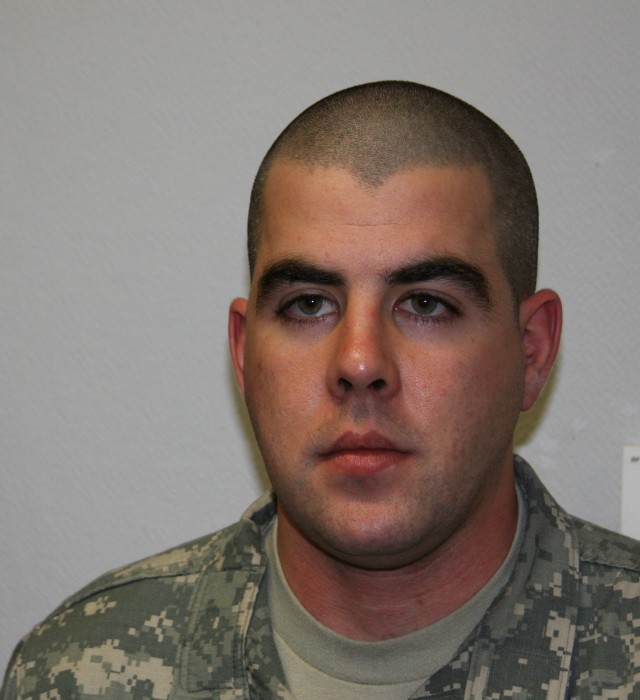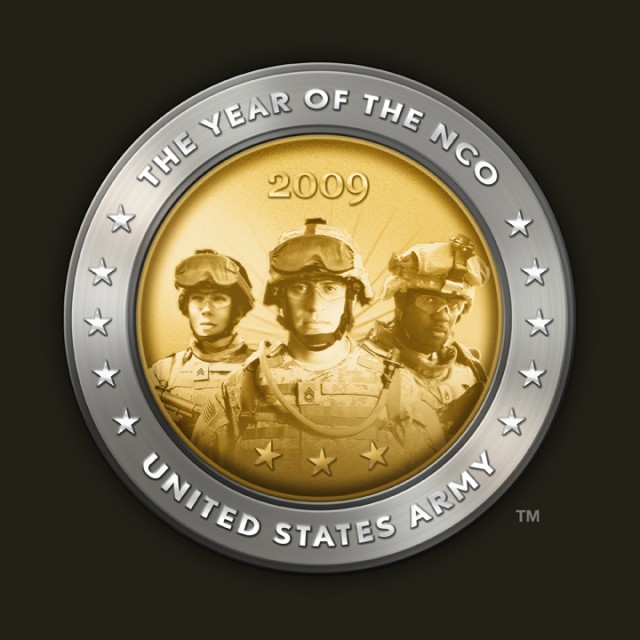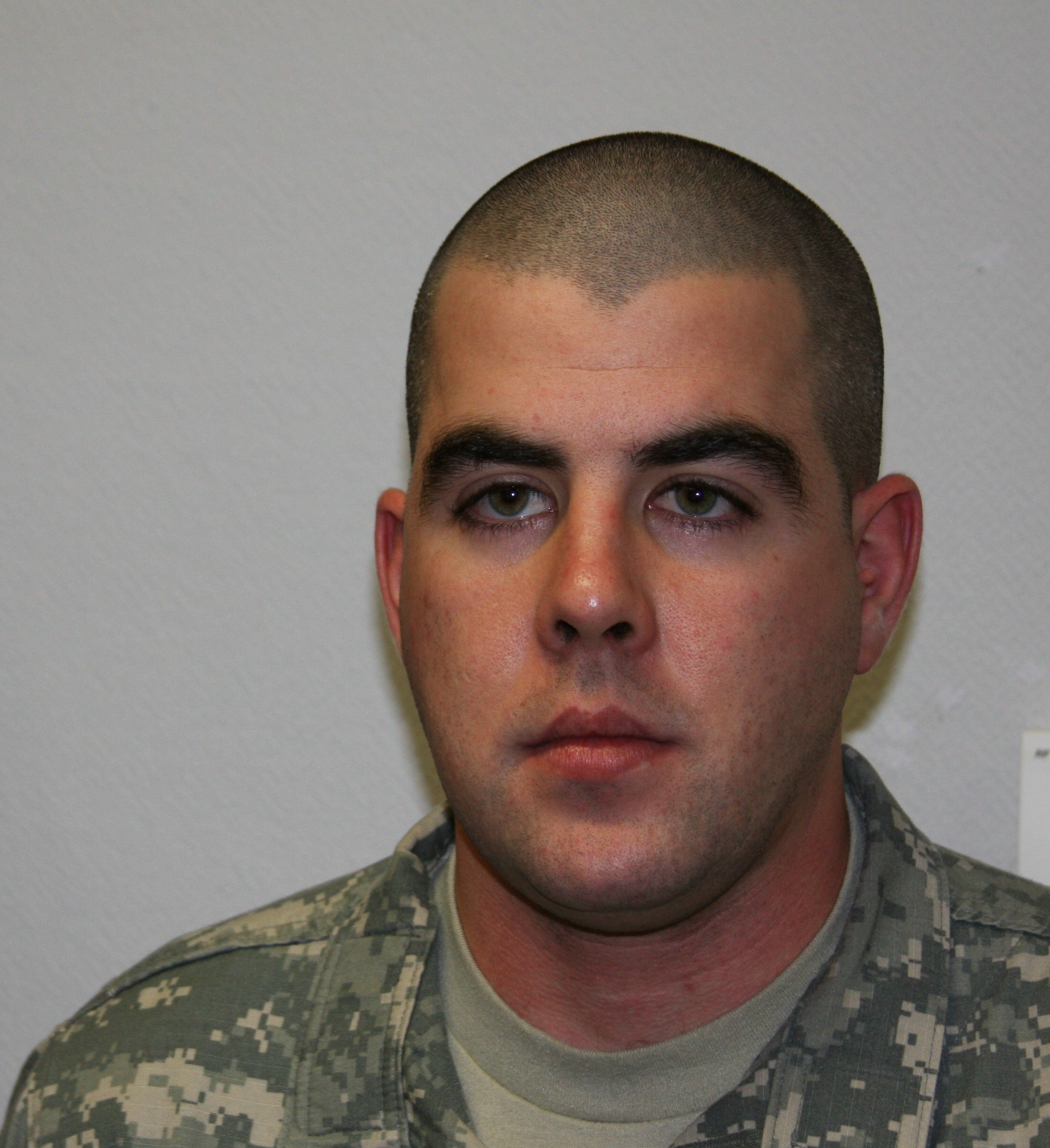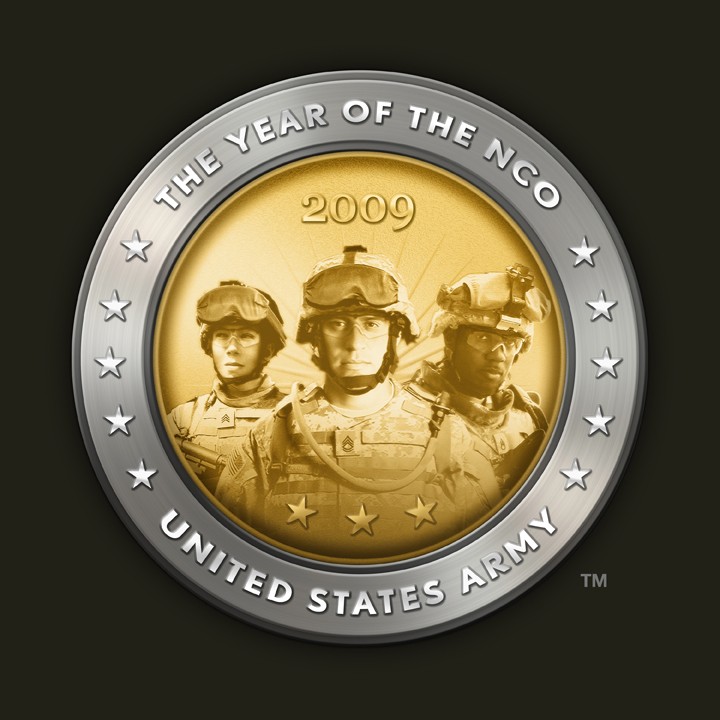SCHWEINFURT, Germany -- The rank is synonymous with leadership and was one of the original five ranks of the noncommissioned officer corps in 1775, the year the United States Army was born.
While much has changed in the Army in the past 234 years, one critical piece of the organization endures: the corporal.
Ask a corporal, ask a command sergeant major, what their fundamental role as NCOs is, and the answer might be the same.
"(It's) taking care of making sure that their Soldiers are well-equipped and they've got everything they need to have," said Cpl. John Mayhle, a human resources specialist with the 1st Battalion, 77th Field Artillery Regiment.
"As far as the NCO in general, they take care of the Soldiers. They train the Soldiers and keep them mentally and physically fit," he said.
Fast forward 20 years into his career, and the answer might be the same for Mayhle, who has held his current rank and responsibilities since November 2007.
"Once you pin on that rank of noncommissioned officer, the responsibilities are the same - from corporal all the way up to command sergeant major," said USAG Schweinfurt Command Sgt. Maj. Ernest Lee. "The bottom line is you need to take care of Soldiers."
While some junior Soldiers do not know everything that goes into wearing those two stripes, corporals are responsible for individual training, personal appearance and cleanliness of Soldiers, and are frequently small team leaders, according to the Army "Year of the NCO" home page.
They must learn their new roles and responsibilities, while developing their personal leadership styles - sometimes a delicate trick, according to Mayhle.
"It is a little bit complicated, if you will, being the same (pay grade as specialists) but at the same time being an NCO," Mayhle said.
The line is clear, though, according to Lee.
"A corporal is taking on the responsibilities of an NCO. A lot of Soldiers ... really don't know the job of a corporal," Lee said.
"Yes, you are an NCO. The Soldiers you select to be a corporal, you know their potential to be a good NCO," he said, adding that he expects corporals to learn from their experience and be better sergeants.
"They already have that experience that you need to teach, mentor, coach the Soldiers," he said.
Under the guidance of his leaders, Mayhle is testing himself to find his own leadership styles, not unlike most corporals.
"I've definitely learned different techniques of being an NCO," he said, referring to "softer and stronger techniques. I haven't really chosen a side, but I like the middle."
Turning to Mayhle, Lee seized the opportunity for a mentoring moment.
"Whenever you tell a Soldier, a subordinate, that you are going to do something, even if you can't do it, you need to follow up and say that you can't do it for some reason," Lee said. "Don't ever leave a Soldier hanging out there."
The kind of lesson a command sergeant major might have learned as a corporal.




Social Sharing